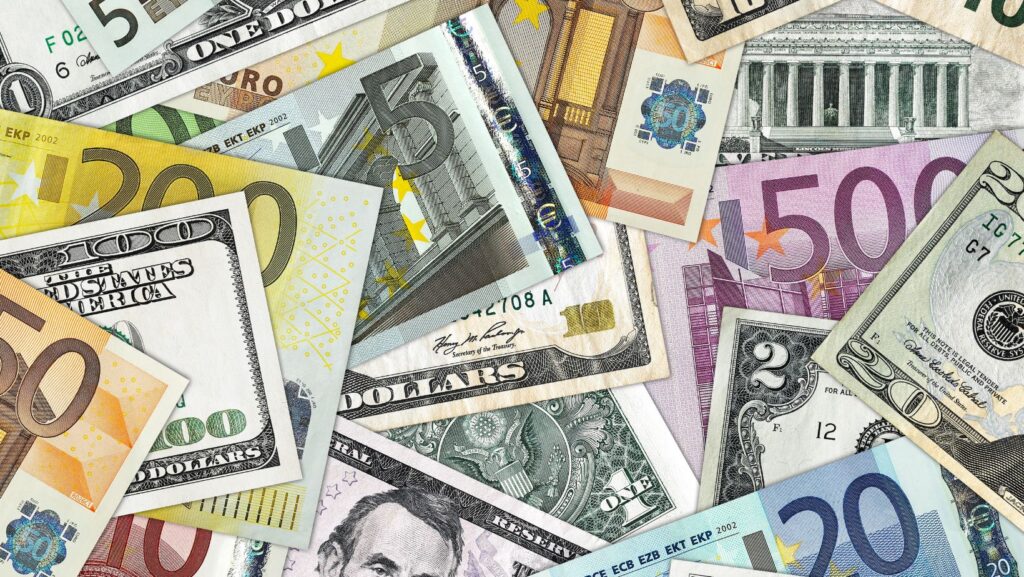Spend a few hours in a massively multiplayer online game, and you’ll learn more about economics than in any high school class. Whether you’re grinding for gold in World of Warcraft, bartering turnips in Animal Crossing, or flipping skins in CS:GO, game worlds run on currencies—and those currencies follow rules that are strikingly close to real-world systems.
But here’s the twist: these currencies aren’t backed by governments or gold reserves. They’re entirely virtual, often created out of thin air. Yet they hold value. Real value. In some cases, people trade them for cash, crypto, or rare items worth thousands.
What gives them that value? And what can they teach us about how real-world economies—and even crypto gambling platforms—are evolving?
The Psychology of Digital Wealth
Game currencies are, at their core, psychological tools. They measure progress, enable trade, and reinforce achievement. When you earn 10,000 gold in a game, it’s not just pixels—it’s proof of time invested, skill developed, or social capital earned.
Games use currencies to create reward loops. Complete a quest, get gold. Spend gold, upgrade your gear. Upgrade your gear, become stronger, win more battles. Rinse and repeat.
This mirrors real-world consumer behavior almost exactly. And when players are immersed in these systems, their attachment to virtual money becomes very real. Just ask anyone who’s stayed up all night farming for rare items or agonized over auction house prices in a virtual economy.
Scarcity and Inflation: Game Edition
Just like central banks manage money supply, game developers manage in-game currency flow. If too much gold floods the market, prices inflate. If rewards dry up, players disengage. Balancing this supply and demand is an ongoing challenge for game designers.
Runescape faced rampant inflation when gold farming bots overwhelmed the economy. Animal Crossing: New Horizons saw “bell” inflation as players manipulated time travel and online trades. EVE Online—arguably the most complex game economy ever—had real analysts studying its player-driven markets like a Wall Street simulation.
These aren’t just game mechanics—they’re economic laboratories. They help us understand how value is created, lost, and stabilized, all in real time.
Player-Driven Markets: A Preview of Web3?
One of the most powerful elements of in-game economies is the player-driven market. Players craft, trade, and speculate. They create shops, set prices, and build reputations. In Diablo II, you might trade a rare item for a high-tier rune. In EVE Online, corporations run shipping empires and stage hostile takeovers—just like in the real world.
Sound familiar?
That’s because this is exactly what Web3 and blockchain-based platforms are now doing—but with real money. NFTs, DAO-based voting, tokenized assets—these are just game economies with real stakes.
And no space embodies that fusion better than crypto gambling.
Real Money, Game Rules: Meet Razed
Sites recommended on bonuscrypto.com are taking the principles of in-game economies and applying them to real-world finance—gamified, decentralized, and powered by crypto.
On Razed for instance, users interact with a financial ecosystem that feels more like an MMORPG than a traditional casino. You’re not just betting—you’re participating in a token-based economy where:
- Staking mirrors saving or investing for passive returns.
- Loyalty tiers echo player levels or ranks.
- Rewards and bonuses feel like loot drops or quest payouts.
It’s a system built on engagement and value creation—just like your favorite games. The more you play, the more you’re rewarded—not just with payouts, but with deeper involvement in the platform’s growth and governance.
And because most of these casinos it’s crypto-first, they bring transparency and ownership to the experience. Every token, transaction, and reward is on-chain. No invisible rules. No manipulated odds. Just pure digital economics.
Lessons From the Pixels
In-game economies have quietly been teaching us how people respond to incentives, handle risk, and assign value. Now, with platforms like Razed, those lessons are being applied in real-world contexts—with real currency and real consequences.
It’s not just about making games more like finance. It’s about making finance more like games.
We’re entering an era where the lines between play and profit are increasingly blurred. Where every wallet could be a character sheet. Every token, a currency. And every platform, a new world to explore.


More Stories
Why Sweeps Casino Players Love Promo Codes
Civiliden LL5540 PC: Unleash Gaming Power with Stunning Design & Performance
New Software RCSDASSK: Revolutionizing Productivity with Task Automation and Collaboration